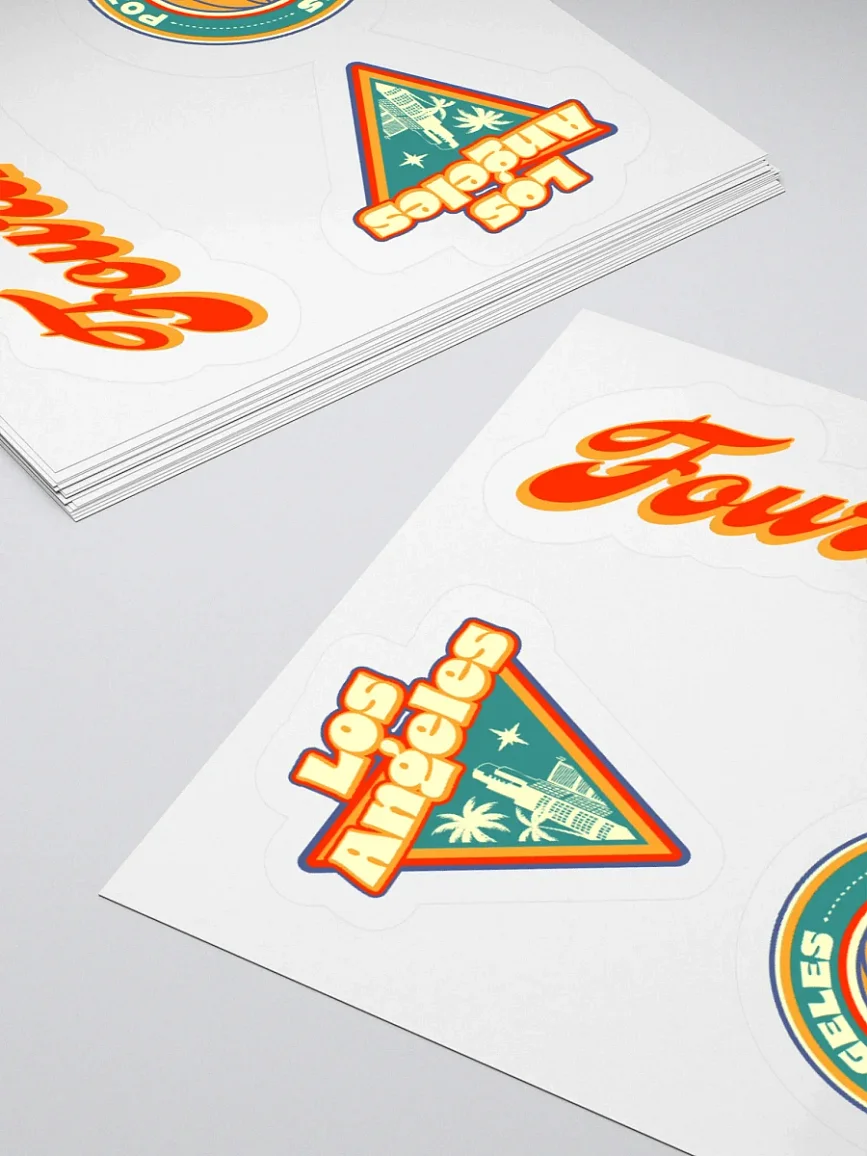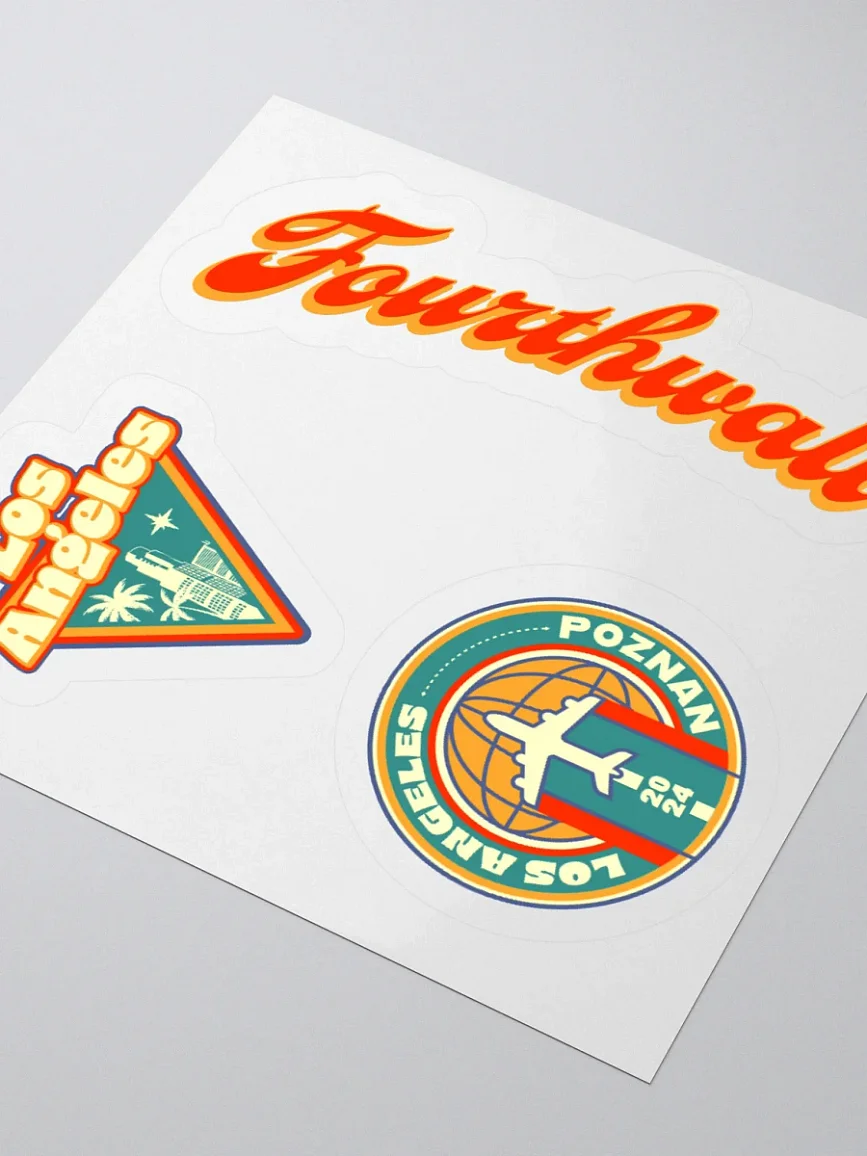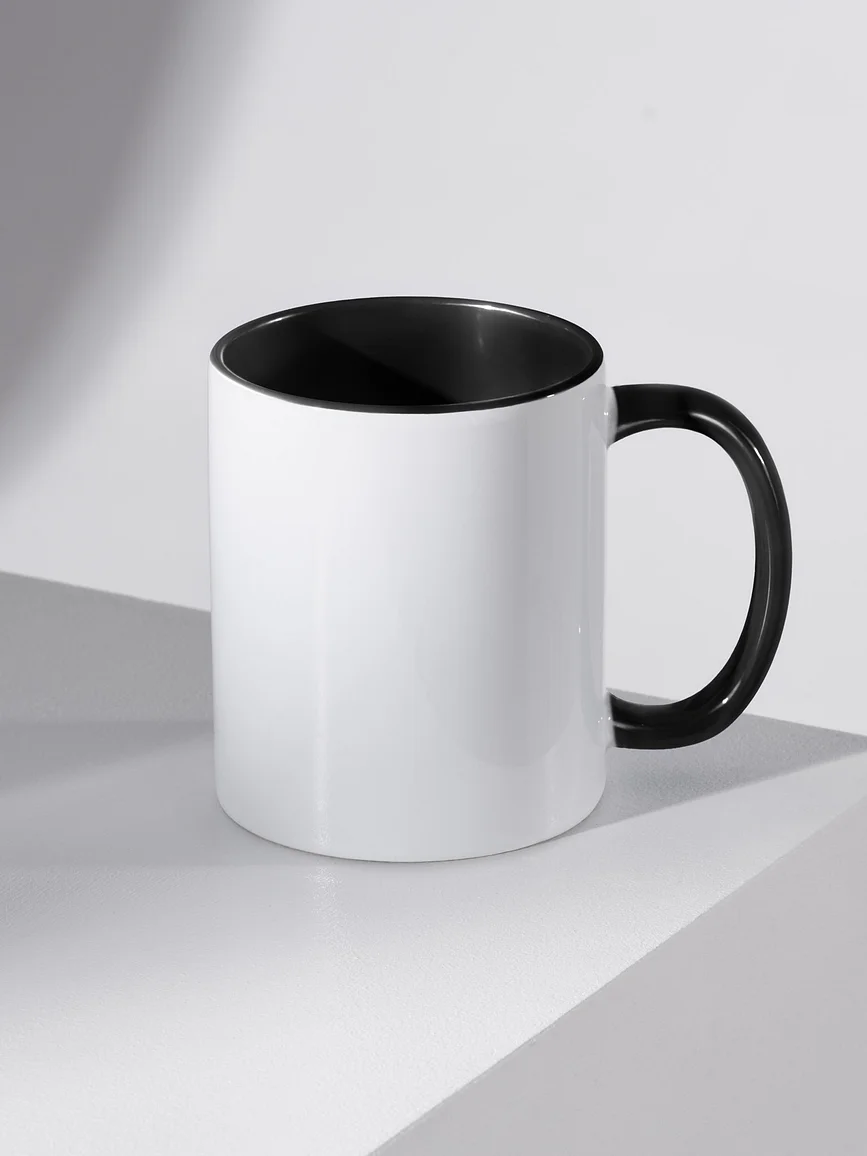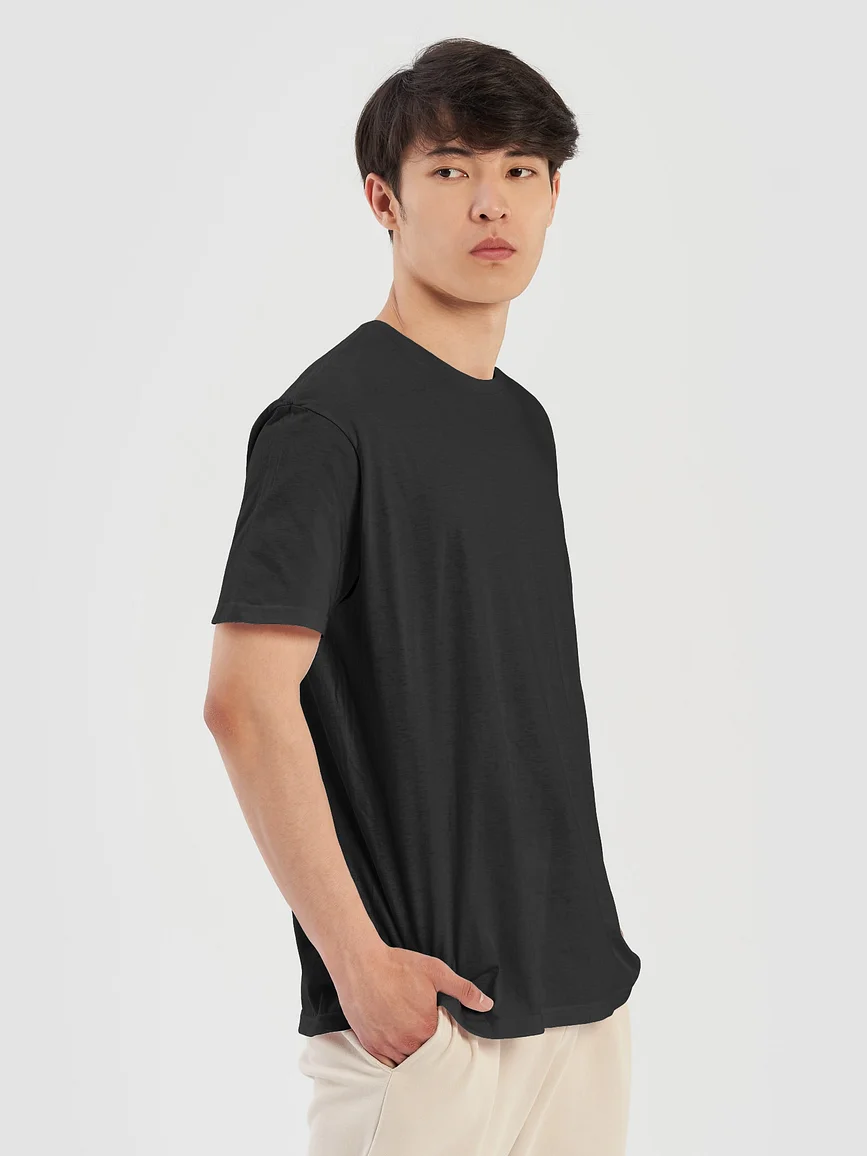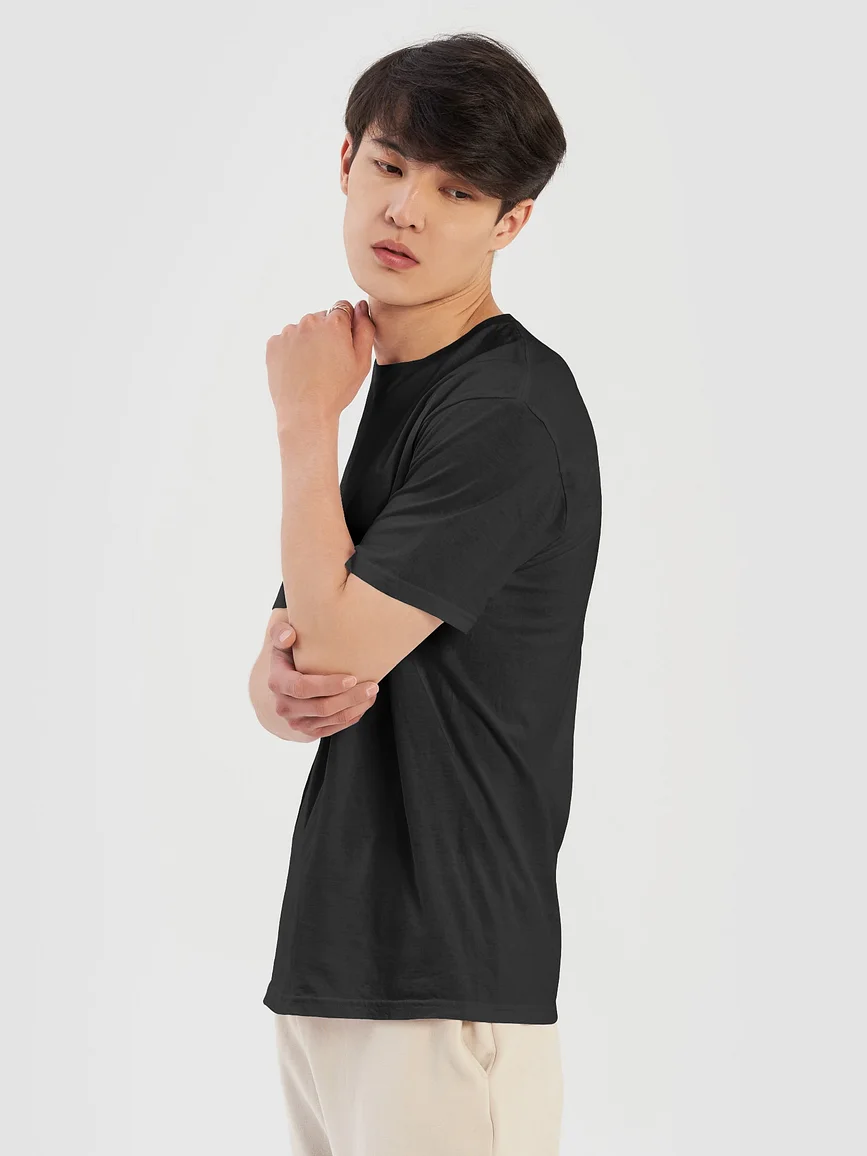What is Sublimation Printing? A Complete Beginner's Guide
.webp)
Sublimation printing has emerged as a game-changer in industries like fashion, promotional products, and home decor, offering a simple yet highly effective way to customize an extensive range of items.
This method uses heat and pressure to transform solid ink particles into a gas that bonds seamlessly with the product, creating vibrant and durable designs.
According to Grand View Research, the global dye sublimation market is currently valued at $4.21 billion and is projected to grow by 12.3% between 2023-2030, showcasing its rising demand.
Its versatility and ease of use make it an ideal choice for businesses and individual creators alike, particularly in the booming print-on-demand sector.
In this article, we'll explain everything you need to know about sublimation printing and why it's an excellent choice for creators looking to create high-quality and vibrant apparel for their brands.
What Is the Term Sublimation?
In scientific terms, sublimation refers to the transition of a substance directly from a solid state to a gaseous state without passing through the intermediate liquid state.
This process only occurs under specific temperatures and pressures, making it a unique phenomenon in physics and chemistry.
In the world of printing, sublimation plays a pivotal role in creating vibrant, long-lasting designs on a wide range of products.
What Products Can Be Customized with Sublimation Printing?
Sublimation printing is renowned for its versatility and ability to produce vibrant, long-lasting designs on a wide range of products.
This digital printing method is ideal for both personal and commercial use, as it allows creators to customize items with intricate details and bold colors.
Below, we explore the types of products best suited for dye sublimation printing and the limitations of the process:
Garments and Apparel

Sublimation printing works exceptionally well on polyester fabrics or poly-blends, making it a popular choice for producing custom apparel. The sublimation ink bonds directly with the fibers of polyester, resulting in vibrant colors that resist fading, cracking, or peeling. Common examples include:
- T-shirts and hoodies (ideal for creating personalized or branded merchandise).
- Accessories like scarves, socks, and headbands, offering unique customization opportunities.
- Perfect for adding bold graphics onto lightweight, breathable polyester-based footwear like sneakers, slippers, or sandals.
However, cotton and other natural fibers are not suitable for sublimation as they lack the polymer coating necessary to bind the ink.
Home Decor

Sublimation has become a popular choice for home decor products, as it allows creators to design high-quality items that complement personal style or brand aesthetics. Examples include:
- Pillows, blankets, and curtains, perfect for personalized interiors.
- Rugs featuring full-color designs for home or office spaces.
- Wall art, such as canvases, posters, and banners, offering bold, fade-resistant prints.
Office and Gaming Accessories

Custom office and gaming setups are growing trends, and sublimation printing caters perfectly to these niches with:
- Mouse pads and desk mats featuring vibrant designs.
- Custom key caps with intricate graphics that make your keyboard stand out.
- Phone cases with unique prints, combining durability and style.
Fan Merchandise

Sublimation printing is a powerhouse for creating vibrant and durable fan merchandise and promotional products that leave a lasting impression. Examples include:
- Mugs and tote bags, which are staples for marketing campaigns.
- Keychains and lanyards that are durable and eye-catching, ideal for showcasing logos and designs.
- Sports uniforms with bold, full-color graphics that meet the performance demands of athletes.
- For sports enthusiasts and teams, sublimation printing delivers durable, full-color designs that meet performance demands.
Whether you're starting your own clothing line, promoting a brand, or engaging loyal fans, sublimation printing delivers professional, long-lasting results that stand out.
What Is the Sublimation Printing Process?

The sublimation printing process is relatively straightforward and can even be done at home with the right tools. Print shops and hobbyists generally follow these steps:
- Design Creation and Printing:
A design is created digitally and printed onto sublimation paper using dye sublimation printers or inkjet printers equipped with sublimation ink. - Preparation of the Product:
The product, whether it’s a shirt, mug, or other substrate, is cleaned and positioned for printing. - Application of Transfer Paper:
The transfer paper is cut to size and carefully placed on the product, ensuring proper alignment. - Heat Press Process:
The product is then placed in a heat press machine at a precise temperature and pressure. The heat converts the sublimation ink into a gaseous state, allowing it to bond with the polymer-coated surface. - Cooling and Finalizing:
Once the product cools, the design becomes a part of the material, resulting in vibrant, fade-resistant prints.
This process is particularly popular in the dye sublimation printing industry due to its efficiency and ability to produce full-color designs with impressive detail.
Sublimation vs Other Printing Methods
The best printing method really depends on your material, design complexity, and durability needs.
Though sublimation printing is unmatched for high-quality prints on polyester products, other printing methods can offer distinct advantages depending on the application.
Here's how dye sublimation printing compares to these popular methods:
Sublimation vs. Heat Transfer Printing

While both processes involve heat, sublimation printing, and heat transfer printing are fundamentally different. Though heat transfer is versatile and straightforward, it often results in a design layer that can crack or peel over time.
- Quality and Finish: Sublimation embeds sublimation ink into the material, resulting in a seamless and durable finish. Heat transfer designs sit on top of the fabric, creating a noticeable layer.
- Material Compatibility: Heat transfer is compatible with many materials, including cotton, while sublimation is limited to polyester fabrics and polymer-coated surfaces.
- Cost Efficiency: Sublimation offers consistent pricing regardless of design complexity, whereas heat transfer can become costlier for intricate, multi-layered designs.
Sublimation vs. Screen Printing

Screen printing has been a staple in the industry for its ability to produce bold, vibrant colors, particularly on darker fabrics. However, the process requires creating a separate stencil (or screen) for each color, making it less efficient for complex, multi-color designs.
- Quality and Versatility: Sublimation produces more intricate and detailed designs compared to screen printing, which is better suited for simpler patterns. While screen printing works on various materials, sublimation excels on polyester and coated items.
- Cost Efficiency: Sublimation is cost-effective for small batches or complex designs, while screen printing is more economical for large runs with limited colors.
- Durability: Sublimation prints become part of the substrate, making them resistant to fading, cracking, or peeling. In contrast, screen-printed designs may deteriorate over time due to their surface application.
Sublimation vs. Direct-to-Garment (DTG) Printing

Direct-to-garment printing uses advanced inkjet printers to apply designs directly onto fabrics, offering exceptional detail and vibrancy across various colors and materials.
- Quality and Versatility: DTG excels at printing on cotton and dark fabrics, which sublimation cannot handle. However, sublimation delivers superior results for polyester garments and products like phone cases and mouse pads.
- Durability: While DTG prints are durable, sublimation’s ability to bond ink at the molecular level ensures a longer-lasting finish that resists wear.
- Cost Efficiency: DTG is cost-effective for small to medium-sized batches, especially for intricate designs, whereas sublimation is more economical for full-color designs on light-colored polyester fabrics.
Benefits of Sublimation Printing?
- High-quality printing results - when done properly, sublimation printing produces vibrant and detailed prints.
- Durability - Sublimation prints will not fade or peel because the ink is absorbed rather than remaining as a layer on top of the product. Resulting in a long-lasting, vibrant print.
- Printing speed - Because the sublimation process is digital and has a simple setup, a print shop can quickly print products when compared to other print methods like screen printing or DTG, which require a bit more setup.
- Low to no minimums - Most print shops will customize products using sublimation printing without requiring minimum quantities or with low minimums. Sublimation is also a print method available for print-on-demand (POD) providers with products like mugs, all-over-prints, etc.
Limitations of Sublimation Printing?
- Material printing requirements - For garment products, sublimation printing only works on fabric containing a high percentage of polyester material. Sublimation ink simply does not adhere to natural fibers and will quickly wash off. For other products, it requires the products to have a specialist polymer coating, which is normal for products like mugs, tumblers, mousepads, etc.
- Color limitation - Because sublimation uses CMYK, there is no white ink, making it impossible to print the color white. This is why sublimation is only available for white or very light-color blank products, whereas, for white details, it can be left as the absence of ink and takes the color of the print surface instead. Doing sublimation printing on the back or dark surface will not yield the same results, and it will show the print with weird color undertones.
- White creasing - With sublimation printing requiring the use of white fabric, there are certain areas of a garment that are not printed properly, leaving blank spaces in those hard-to-reach areas. These usually are areas where creases or folding happens. This happens when sublimating garments. This is why it is recommended to use sublimation for cut and sew products, where the fabric is sublimated before it is cut and sewn together to form the final garment.
Start Selling Custom Sublimation Products with Fourthwall
Are you ready to turn your creativity into a thriving business? Fourthwall is the ultimate platform for creators looking to harness the power of sublimation printing to sell personalized products online.
Whether you're designing vibrant apparel, custom mugs, or unique phone cases, Fourthwall offers the tools you need to bring your ideas to life.
With Fourthwall's robust e-commerce tools, you can easily set up an online store tailored to your brand.
The platform supports products designed for dye sublimation, such as polyester fabrics, garments, and polymer-coated surfaces, ensuring your creations stand out with vibrant, fade-resistant prints.
From apparel to home decor, Fourthwall simplifies the process so you can focus on what you do best—creating.
Don’t wait to share your creations with the world. Start your own online store today with Fourthwall and explore how easy it is to sell sublimated products with their intuitive platform.
Get started with Fourthwall now and take the first step toward building a successful custom product business!
Frequently Asked Questions
Is Sublimation Better Than Heat Transfer?
Sublimation and heat transfer are both popular printing methods, but sublimation often delivers superior results for specific applications.
Sublimation printing uses a sublimation printer, sublimation ink, and sublimation paper to create vibrant, long-lasting designs that bond directly with polyester fabrics or polymer-coated substrates.
Unlike heat transfer, which applies a layer of material onto the surface, sublimation integrates the design into the product, making it resistant to fading, cracking, or peeling.
For polyester products like sublimation shirts, sublimation is the better choice, while heat transfer may work better for cotton or mixed fabrics.
What Does Sublimated Mean in Clothing?
In clothing, "sublimated" refers to garments customized through dye sublimation printing, where designs are transferred from sublimation paper to polyester fabrics using a heat press machine.
The process involves turning the sublimation ink into a gaseous state that bonds with the fibers of the fabric, creating vibrant, fade-resistant designs that feel seamless to the touch.
Sublimated clothing, such as custom T-shirts, jerseys, or hoodies, is popular for its ability to feature intricate, all-over patterns and high-quality prints.
Is Sublimation Ink Better Than Inkjet?
For specialized applications like dye sublimation printing, sublimation ink outperforms traditional inkjet ink in terms of durability and vibrancy.
Sublimation ink, used with dye sublimation printers like Epson, bonds directly with polyester fabrics or polymer-coated surfaces, creating long-lasting designs that won't fade, crack, or peel.
While inkjet printers are more versatile for general printing work, sublimation ink excels in producing high-quality prints for custom products like apparel, mugs, and phone cases, making it the preferred choice for sublimation transfers.








